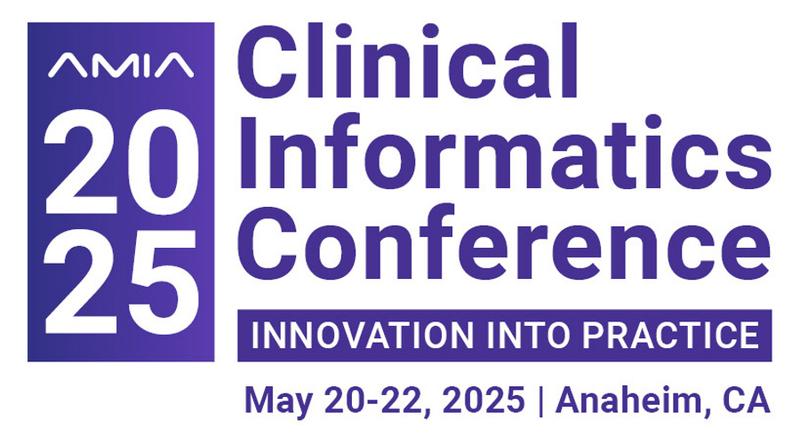At AMIA 2025, Radial showcased how AI can drive beneficial SDOH impact.


The healthcare industry is abuzz with talk of Social Drivers of Health (SDOH) and its critical role in the shift towards value-based care. But as clinicians and informaticists well know, simply collecting data on social risk factors is not enough. The true challenge — and the greatest opportunity — lies in transforming that data into actionable insights that seamlessly integrate into clinical workflows and drive meaningful improvements in patient outcomes.
This important topic was highlighted at the American Medical Informatics Association (AMIA) 2025 National Clinical Informatics Conference in Anaheim, CA, where Kerry Son, Radial's Director of Clinical Innovation, presented a poster that garnered significant interest and sparked some dynamic conversations. The presentation, "Achieving value-based care success with an AI-driven SDOH Actionability Score," highlighted a pivotal shift in how we approach SDOH.
For too long, the focus has been on identifying SDOH needs. While a crucial first step, it often leaves clinicians with a wealth of information but limited guidance on what to do next. This is where the concept of "actionability" becomes paramount. It's about moving beyond the "what" to the "how" — pinpointing the specific interventions that will have the most significant impact on an individual's health.
As we discussed at AMIA, one of the most promising paths forward lies in leveraging the power of Artificial Intelligence. AI-driven tools, like Radial's SDOH Actionability Score, are empowering clinicians to proactively address social risk factors. By employing advanced real-time risk stratification, these sophisticated methods connect individual patient circumstances with environmental factors. This allows for a move from broad-stroke identification of SDOH needs to the pinpointing of precise, actionable interventions for each individual patient.
The presentation underscored several key takeaways for the clinical informatics community:
The real-world impact of this shift towards actionable SDOH insights is already being felt. By focusing on proactive and targeted support, providers and payers are seeing:
Radial's presence at the AMIA National Clinical Informatics Conference served to reinforce our unwavering commitment to pioneering solutions that empower clinicians and are engineered for success in the dynamic landscape of value-based care. The enthusiastic response to the concept of an AI-driven SDOH Actionability Score is a clear indicator that the industry is ready to move beyond the buzzword and embrace a future where social drivers of health are not just identified, but acted upon with precision and purpose. We are thrilled to be at the forefront of this vital work.
We believe in the transformative potential of Al—not to replace the decision-making authority of clinical staff, but to empower teams to make optimal decisions faster.
About Radial
Organizations like yours are transforming care with our support. Learn how your business can leverage Radial.
Book A Demo